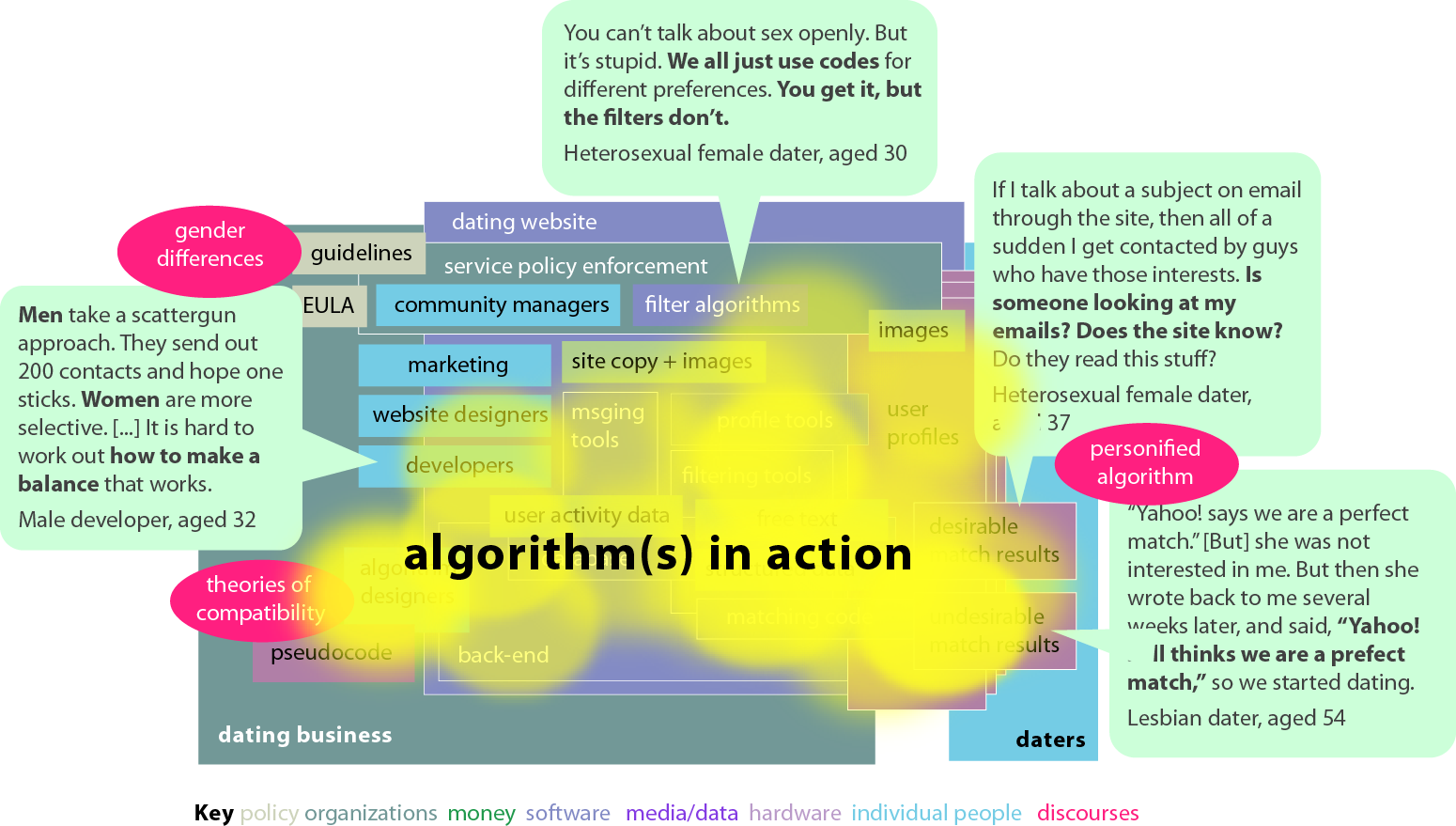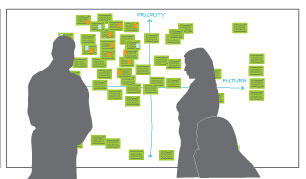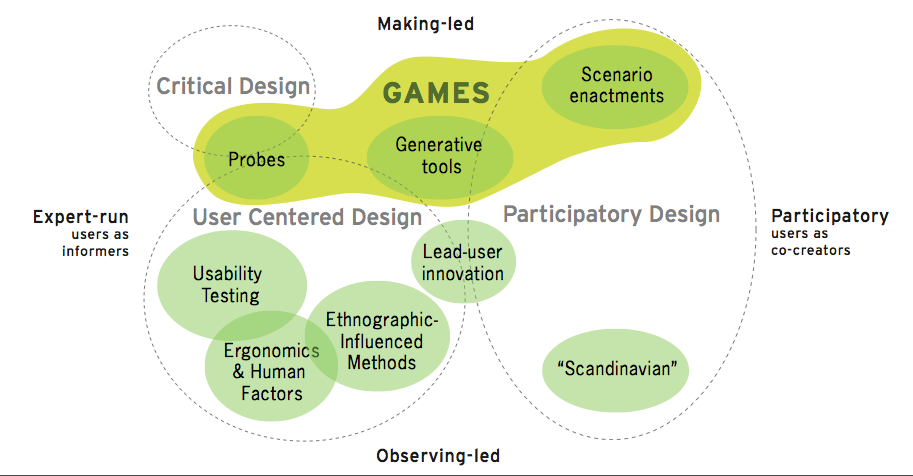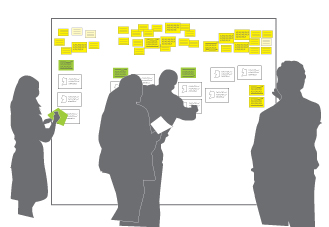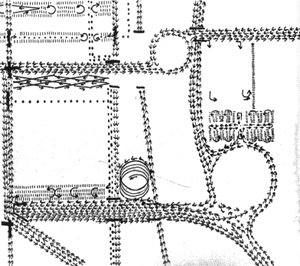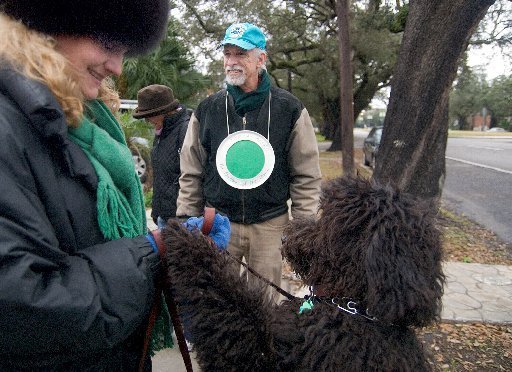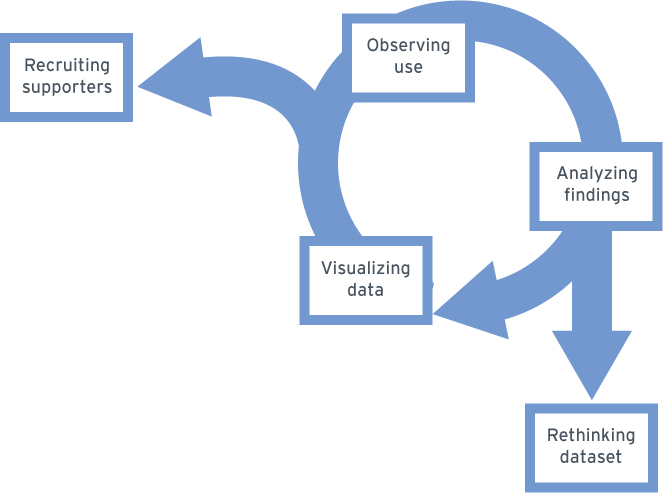Traditionally, computer scientists define an algorithm as a list of instructions for accomplishing a single goal. This definition treats an algorithm as (1) a coherent, usually textual, single object that (2) can be separated from its technological execution. Instead, we argue for the usefulness of studying algorithms in and as action. Algorithms-in-action, particularly computational algorithms, depend on actors outside them: the sources of the data they require as inputs, the machines that execute them, the storehouses that maintain their results and make them available for other processes, and so on. Algorithms are not stable texts but rather more-or-less stable agglomerations of people, machines, policies, data, and so on whose dimensions and components change over time. Our talk will examine the multiplicity and contingency of algorithms through two case studies from very different algorithmic sites — architectural software, and online dating services. Using those sites as springboards, it will argue that taking algorithms as multiple rather than singular and as material agglomerations rather than discursive texts opens up new entry points for creative and critical practice in design, the arts, and engineering.
March 14, 2014 | Teaching interaction design performance skills | IDEO SF
I’ll be talking with interaction designers at IDEO’s SF office about interaction design and performance. Here’s a brief blurb:
What makes some interaction design projects go so smoothly, and some…not? Drawing from ethnographic observation at three design consultancies in San Francisco, Elizabeth Goodman will argue that physical performance activities are central to successful projects, from clustering Post-Its to make priorities visible, to acting out scenarios with wireframes, to identifying and assembling the right audience for presentations. We’ll use this presentation to kick off a conversation about teaching and practice: How might we improve our own performance skills? And how might we teach them to others?
January 8, 2014 | Delivering Design: Performance in Professional Interaction Design Practice | Stanford University
Using interaction design walkthroughs as a case study, I’ll be talking about my dissertation research at Stanford in January.
October 2013 | d.think outside the d.school | Stanford University
I’ll be teaching a pop-up workshop called “d.think outside the d.school” at Stanford’s d.school this fall. My part of the workshop will explore games as a method of exploratory design research.
October 14, 2013 | Delivering Design | EBay
I’ll be talking about my dissertation research at eBay’s headquarters on October 14, 2013.
January, 2013 | Design and Emotion Society kickoff | Gotomedia, San Francisco
We held a successful kickoff meeting for the new Bay Area Design and Emotion Society chapter at Gotomedia in San Francisco. Thanks to all who attended!
September 9, 2012 | Thinking, Watching, and Drawing Motion | UC Berkeley Dept of Architecture
I’m giving a guest lecture at Expressive Motion in Art and Design, a graduate class in UC Berkeley’s Architecture dept.
Featured image excerpted from Louis Kahn’s map of traffic flow in Philadelphia. From Alison Smithson (ed.), Team 10 Primer (The MIT Press: Cambridge, 1968), p. 53.
From Park Bench to Satellite: Designing from the Ground Up | IDSA Keynote, New Orleans
Keynote. Industrial Design Society of America conference, 2011
Data as process
Talk, Data & Cities Conference, Stamen Design, San Francisco – 2011
HCI, communities and politics
DiSalvo, C., Light, A., Hirsch, T., Le Dantec, C.A., Goodman, E. and Hill, K. 2010. HCI, communities and politics. In Proc CHI EA ’10: 3151-3154.
From access to associations: Making connections with electronic resources
Keynote, Electronic Resources and Libraries conference. 2009.
Designing for Urban Green Space
Presentation, LIFT Marseilles, 2009
